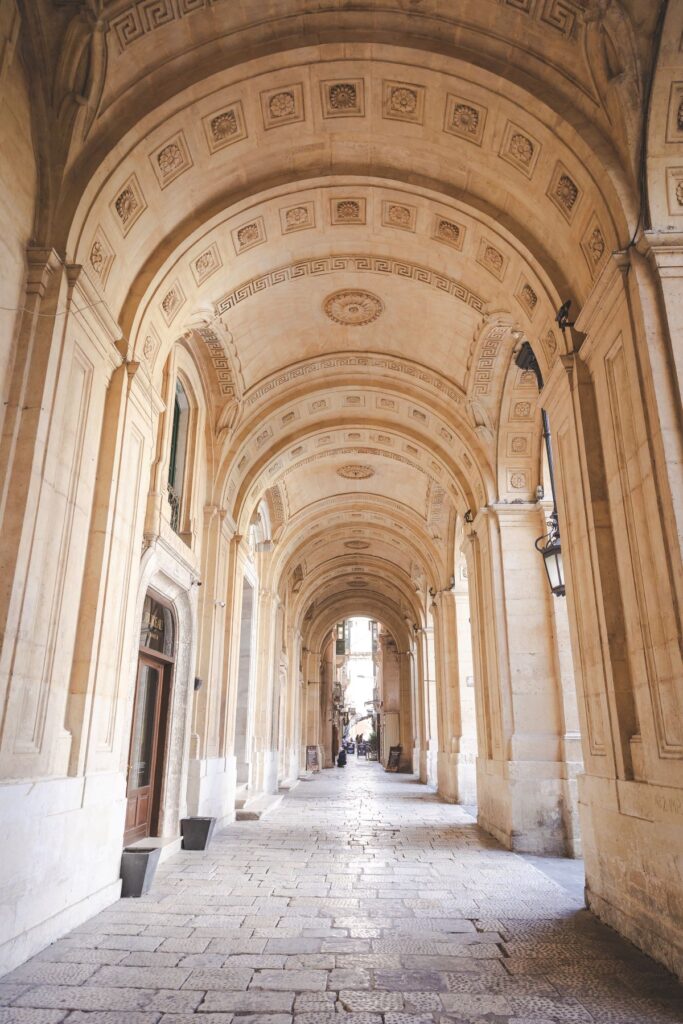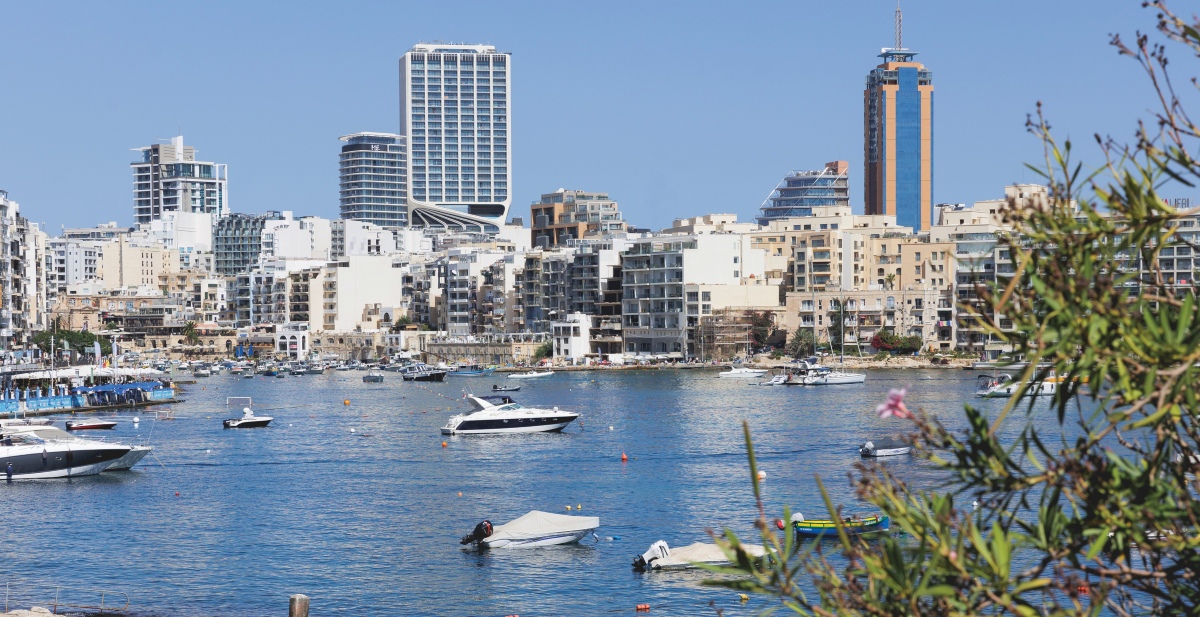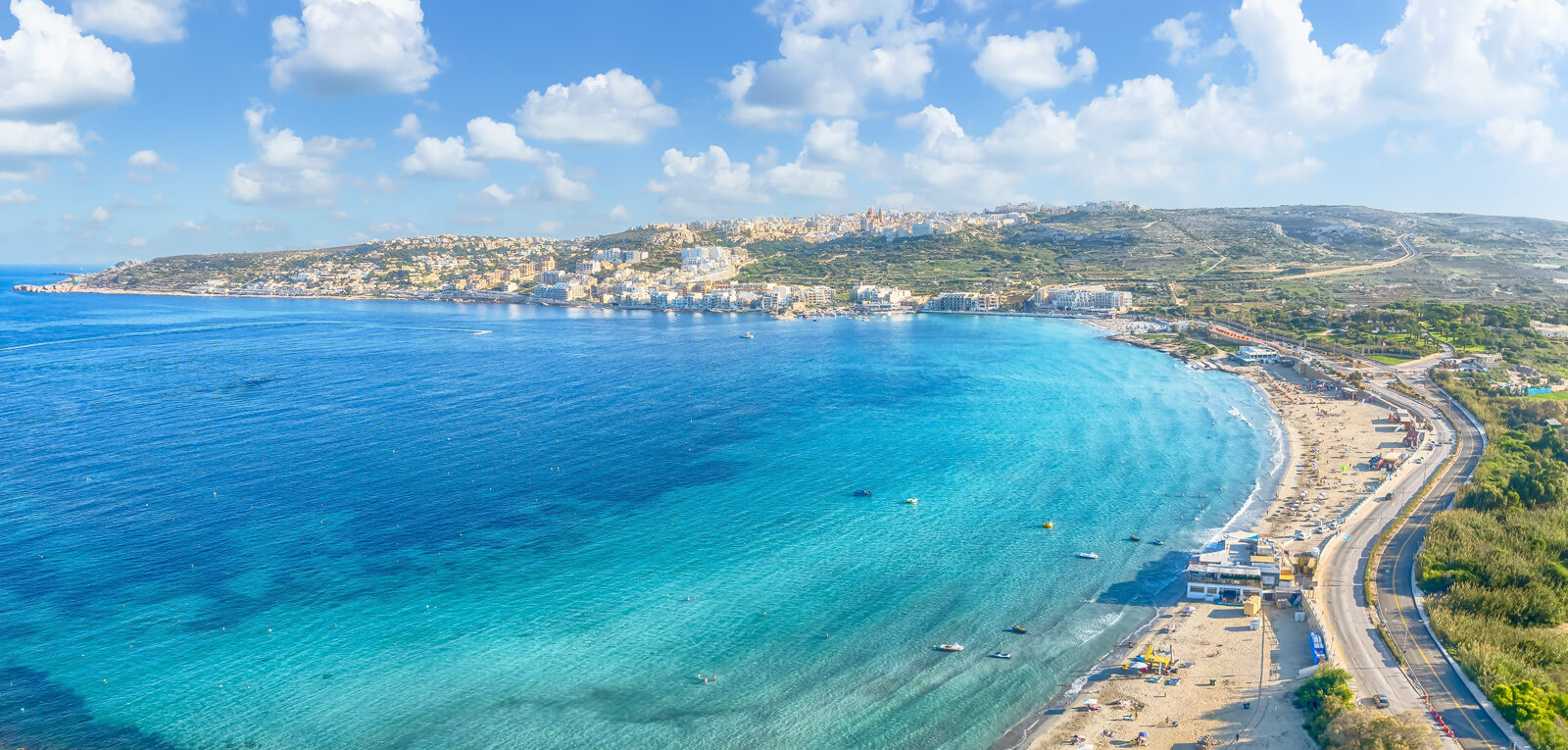The abundance of opportunity Malta offers to prospective investors is difficult to grasp without first understanding the country’s history.
The earliest known inhabitants arrived around 5200 BC, with evidence of a thriving Neolithic culture. Malta is home to some of the world’s oldest free-standing structures, including the UNESCO-listed Megalithic Temples of Ġgantija, Ħaġar Qim and Mnajdra, predating the Pyramids of Egypt and Stonehenge. These temples highlight the advanced architectural and spiritual life of Malta’s prehistoric inhabitants.
The islands first entered written records through Homer’s Odyssey, which has the Greek hero Ulysses spending years on the island of the mythical nymph Calypso – better known as Gozo, nowadays. Today, visitors to the island can visit the cave popularly thought to have been their home.

Malta’s strategic location in the heart of the Mediterranean made its large natural harbours irresistible to the dominant maritime power of the time, sharing neighbouring Sicily’s history in passing through Carthaginian, Roman, Byzantine, Arab, Norman and Spanish hands over the course of a millennium and a half – a legacy bearing witness to Malta’s status as a crossroads of civilisations.
A fateful decision by the Spanish Emperor Charles I (better known as Charles V, the numerical distinction related to his reign as Holy Roman Emperor) to allow the Knights Hospitaller to take over the islands led to the development of an independent cultural tradition. The Knights’ victory in the Great Siege of 1565 remains a defining moment in Maltese history. They later established Valletta, a fortified city named after Grand Master Jean de Valette, further solidifying their legacy.
The French, led by Napoleon, briefly occupied Malta in 1798, but British forces took control in 1800, making it a British colony. Under British rule, Malta played a crucial role in World War II, earning the George Cross for its resilience during relentless Axis bombing campaigns.
Upon achieving independence in 1964, successive Maltese governments chartered a course of active international participation in structures like the United Nations, the Council of Europe, the Commonwealth, and the Organisation for Security and Co-operation in Europe, culminating in full European Union membership in 2004.
Today, Malta offers a rich cosmopolitan culture and a stable open market economy that is well-integrated into global capital flows.
















